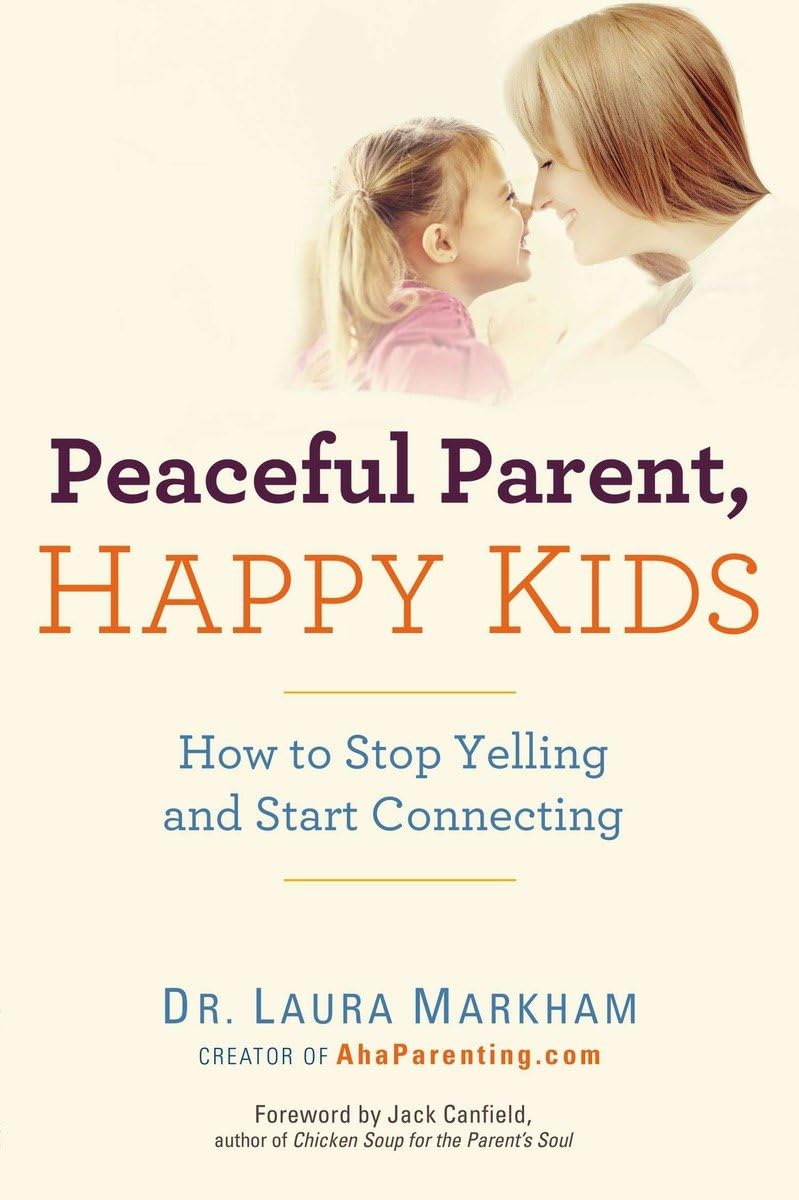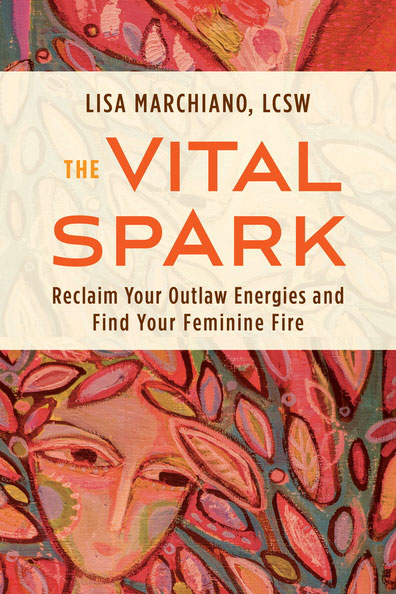The word self-care is something you may hear or read about regularly. You may tend to ignore it believing it’s hype or an act of selfishness. Or, you may think that self-care is about doing fun stuff, such as taking a bubble bath at the end of a long day or spending the weekend in your PJs watching TV after a demanding week.
What is self-care?
Self-care is not hype. Nor is it an act of selfishness. It’s not only about the fun activities that help us relax and unwind.
Self-care is about looking after yourself — your physical and psychological well-being — on a daily basis. Some of it requires work that’s not the most inspiring. Getting the groceries for dinner and changing the sheets in your bed is self-care.
It may sound obvious but if you reflect on your habits and routines, you may remember many days of staying up too late, working too long, snacking on sugar, of crashing on the couch after dinner and leaving your stuff lying around.
There is nothing wrong with occasionally staying up late or working intensely for a period of time. Neither is is wrong to eat chocolate every now and then while watching a few shows on TV before bedtime. It’s also ok to postpone tidying up to the next day if you’re exhausted. However, if these activities become habits and routines, you may be neglecting your overall well-being.
We have a tendency to take our physical and mental health for granted — until we start suffering from the symptoms of neglect, such as pain or anxiety.
How to look after yourself
Not all self-care habits and activities work for all. You’ll need to find what works for you. Feel free to be creative and experiment with the type of self-care that nourishes your mind and body.
If you feel stuck, below are a few suggestions that you can start with. As you’ll notice, most of the time self-care isn’t very interesting or exciting. A lot of it is about strengthening and expanding on healthy habits.
- Sleep. Practise going to bed early enough to allow sufficient rest. You don’t have to go to bed at the same time every evening and rise at the same time every morning if your body can manage that. Ensure that you are offline for at least an hour before going to bed. If you use your phone or tablet while in bed, make sure your device is on silent and placed far away from your bed before you sleep.
- Drink water. Keep yourself hydrated. Set a reminder or create a ritual that helps you drink enough.
- Breathe. Notice the moments in your day when you need to either stay calm or relax. Spend a few minutes breathing before an important meeting, before school pick-ups or when stuck in traffic. If you’re not sure how to use the breath to calm down, here’s a video to get you started: 4-7-8 Calm Breathing Exercise.
- Live intentionally. Ralph Waldo Emerson said ‘You become what you think all day long.’ Our thoughts impact our choices, which, in turn, drive our actions. What is the quality of your thoughts? Do they take you where you want to go? When we live intentionally, we are aware of what is happening in our lives and the role we play in it. We make decisions that match our purpose in life. Read more about intentional living here.
- Move your body. Many of us find exercise a great way to de-stress. Moving our body reduces the levels of stress hormones in our body while boosting hormones that elevate our mood and act as natural painkillers. It may feel like a chore to do some yoga or go for a walk. However, I have never heard anyone tell me they regret having chosen to exercise.
You may want to try out activities that are opposites of those that you engage with for most of the day. If you spend your time teaching others to tap into their creativity, try an activity where you are guided by an instructor to tap into your own creativity. Or do something quite different, such as develop your logical thinking skills. If your days are spent looking after your family, try activities where you feel looked after. For some not having to engage with others is nourishing.
Remember, it’s all about practice. By adding or increasing your self-care routines and habits, you are nurturing yourself as a whole person. You are also becoming more disciplined. That’s a win-win situation.
Matleena Vanhanen is a psychologist at the MapeTree Psychotherapy Center LLC in Dubai. To make an appointment with her please visit her bio page on www.tmtcdubai.com.




